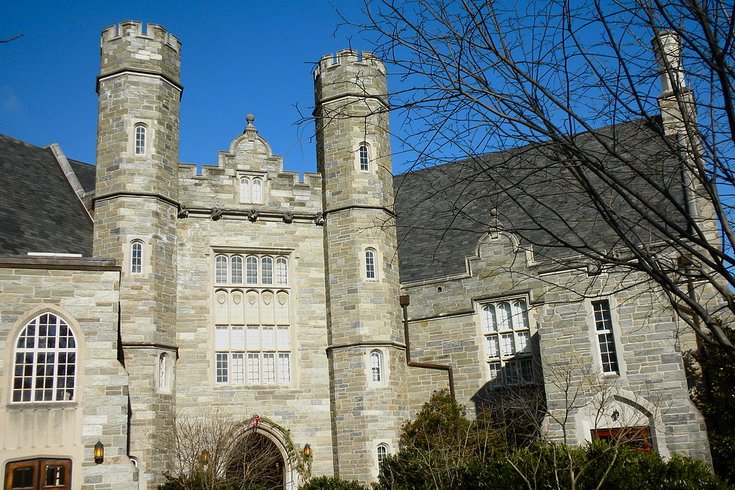
April 05, 2019
 Smallbones /Wikimedia Commons
Smallbones /Wikimedia Commons
Tuition at state-owned universities in Pennsylvania, like West Chester University, above, will not increase for the 2019-20 academic year.
A new tuition policy set by the Board of Governors of Pennsylvania’s State System of Higher Education will give universities more flexibility to set rates and ensure that students know their financial commitment earlier in the year.
The new policy covers Pennsylvania's 14 state schools, giving them an opportunity to set individual pricing plans that could take effect as early as the 2020 fall semester.
Universities will have the option to craft tuition plans that take into consideration factors including regional economic differences, individual program costs and the specific needs of potential students, including their ability to pay.
Each plan will be reviewed by the board of governors before being implemented. Schools that choose not to create their own plans will be able to adopt the board's annual base tuition rate.
“This policy will allow the universities to better plan, budget and allocate their resources over multiple years, helping to ensure their long-term stability and success,” said Board of Governors Chairwoman Cynthia D. Shapira. “By making tuition more predictable, it will allow students to plan for their education expenses. Most important, it will help ensure qualified students from all socioeconomic backgrounds have access to high-value, relevant educational experiences that prepare them for successful lives and careers.”
Under the new policies, tuition will tentatively be set for two years at a time. Students will be informed of a final figure each year by April, three months before the previous July deadline.
The new policy was developed based on the recommendations of a task group under the ongoing System Redesign, which aims to address financial challenges and falling enrollment in recent years.
“In a sharing system, the universities will work more closely together, expanding educational opportunities for students while ensuring the programs they offer align even more closely with workforce needs,” said chancellor Daniel Greenstein. “They will combine and share more of their business and administrative functions, enabling the universities to reduce their cost of operations and become more cost-efficient so all of us will be better equipped to focus on our top priority—student success.”
While room and board costs vary from school to school, the base tuition rate for 2018-19 was set at $7,716. The board of governors last approved a $224 increase last year, the second-smallest hike in a decade. Collectively, the state system generates an estimated $6.7 billion of economic activity annually.